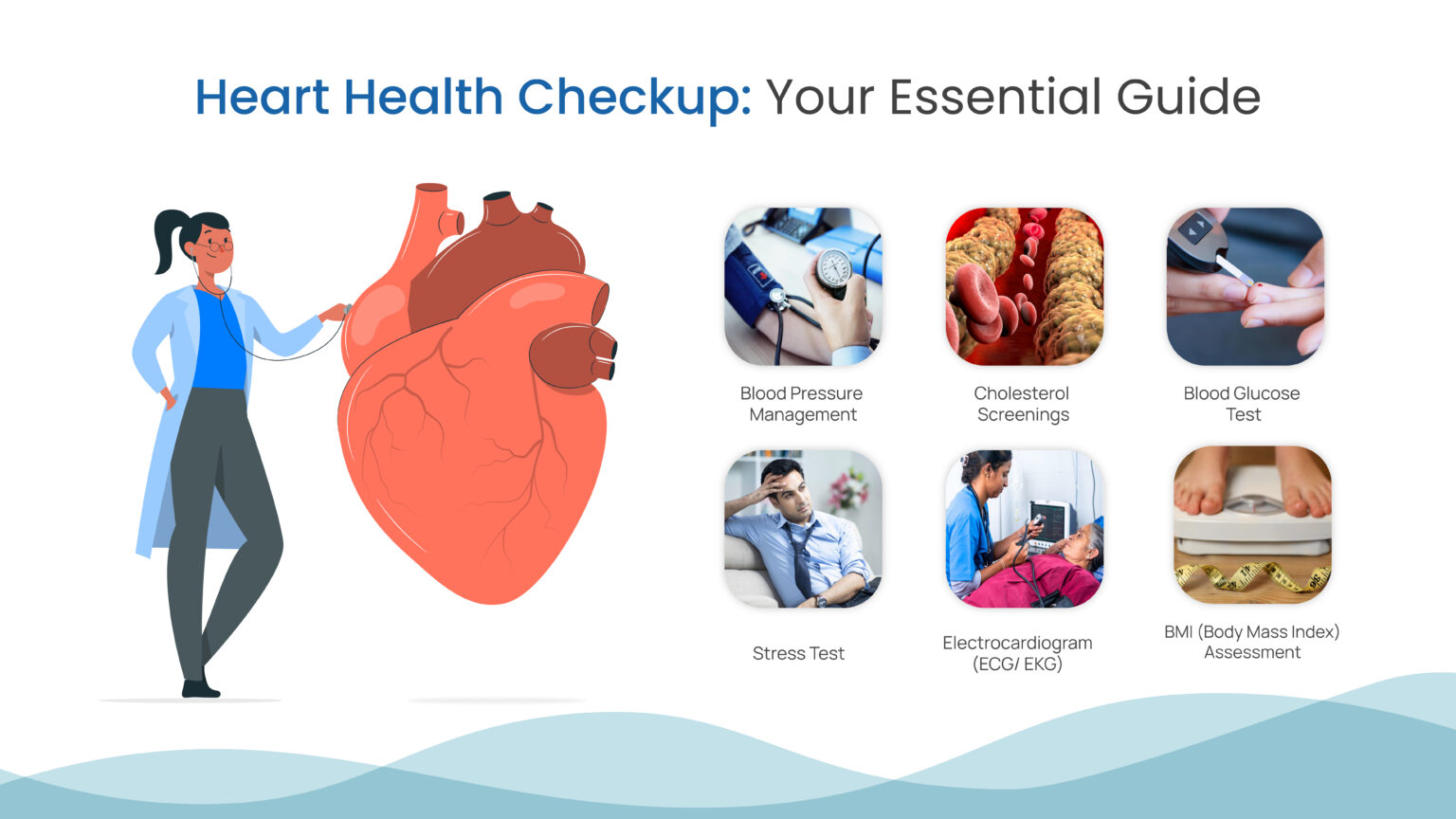A practicing cardiologist reveals the top 11 science-backed steps to improve heart health immediately. Learn the powerful reason to flavor your food with lemon instead of salt.

Taking care of your heart doesn’t have to be complicated. Small, consistent lifestyle changes can make a big difference in reducing your risk of heart disease, stroke, and other cardiovascular problems. Here are 11 expert tips that are easy to follow and backed by research.
1. Take Up Gardening

Moving your body is one of the best gifts you can give your heart. Aim for about 150 minutes of moderate exercise each week—anything that gets your pulse up counts. Whether it’s swimming, cycling, dancing, or tending the garden, you’ll strengthen your heart while enjoying the fresh air. Gardening also offers a soothing dose of calm, which can lift your mood and support mental well-being.
2. Exercise Snacks

Long hours at a desk can strain your heart. Break it up with ‘exercise snacks’—short, intense bursts of movement. Try one-minute sets of squats, push-ups, lunges, or planks, or brisk stair climbs for a few minutes. Start slowly and increase intensity over time. If you have a heart condition or are new to exercise, check with your doctor first.
3. Beans and Anchovies Are Your Heart’s Best Friends

Eating a diet rich in plant-based foods protects your heart. Vegetables, whole grains, beans, pulses, fruit, and nuts help manage weight and cholesterol. Beans, in particular, are protein- and fiber-rich, low in fat, and budget-friendly. Lentils or beans can replace some meat in recipes, and hummus makes a nutritious snack. Moderate portions of oily fish like mackerel or anchovies provide heart-healthy omega-3s.
4. Swap Butter for Olive Oil

Small dietary swaps can have a big impact on heart health. Saturated fats raise cholesterol and increase cardiovascular risk, so replace high-fat ingredients like butter with olive oil or avocado. Olive oil contains healthy fats that support cholesterol management. Limit processed meats, including bacon, sausages, and salami, to occasional consumption.
5. Give Up Smoking

Quitting smoking is one of the most powerful things you can do for your heart. Cigarette chemicals make arteries sticky, causing fatty deposits that can lead to heart attacks or strokes. Seek support from local stop-smoking services, and consider nicotine replacement options like gum or patches to manage cravings.
6. Swap Salt for Lemon Juice


High salt intake increases blood pressure, a major contributor to heart disease. Lemon juice is a tasty alternative that can cut sodium intake by up to 75% while adding vitamin C and antioxidants like flavonoids. Drizzle lemon over roasted vegetables or mix it into salad dressings for a zesty, heart-smart boost.
7. Reduce Alcohol – Even Red Wine

Red wine may contain antioxidants, but no level of regular alcohol intake improves heart health. Drinking alcohol regularly can raise blood pressure, cause abnormal heart rhythms, damage heart muscle, and increase the risk of stroke, vascular dementia, and weight gain. Limiting alcohol—even red wine—is key for cardiovascular wellness.
8. Limit Fruit Juices

Too much sugar can contribute to weight gain, raising the risk of heart disease, stroke, and type 2 diabetes. Whole fruits are preferable to fruit juices or smoothies, which can be high in sugar. Apples, bananas, and berries contain fiber and antioxidants that protect the heart. Dried fruits are also sugar-dense, so portion control is important.
9. Know Your Numbers

Regularly monitoring blood pressure and cholesterol is crucial because high levels can quietly increase your risk of heart attack or stroke. Adults aged 40–74 in England or Wales are eligible for a free NHS Health Check every five years. Consult your GP or pharmacist if you’re concerned, and keep track of weight and waist size as part of a comprehensive approach to heart health.
10. Be Kind to Yourself

Prioritizing sleep and reducing stress support your heart. Disturbed sleep is linked to higher CRP levels, a marker of inflammation associated with heart disease. Adults should aim for seven to nine hours per night. Adequate rest lowers blood pressure, reduces long-term cardiovascular risk, and encourages healthier lifestyle choices overall.
11. Stay Informed and Take Small Steps

Heart health is a lifelong journey. Even gradual changes—like increasing physical activity, improving diet, and managing stress—can have meaningful effects over time. Focus on what you can control, and be patient with yourself.
Final Thought
Taking care of your heart doesn’t have to be overwhelming. Small, consistent lifestyle changes—like getting active, eating more plant-based foods, managing stress, and monitoring your health numbers—can make a significant difference. While some risk factors, like family history, are beyond your control, focusing on what you can change puts you in the strongest position to protect your heart.
👉 To complement these lifestyle habits, consider adding a trusted heart-health supplement like Bazopril™. Its advanced blood pressure support formula is designed to work alongside your daily routines, helping you maintain healthy circulation and cardiovascular balance.
❤️ Remember: heart health is a lifelong journey, and even gradual steps make a difference. Be kind to yourself, stay informed, and make choices that support both your heart and overall well-being.

👉 Disclosure: This post may contain affiliate links. That means if you choose to try Bazopril™ through my link, I may earn a small commission—at no extra cost to you. I only recommend products I truly believe can support your health journey.
FAQs
1. How much exercise do I really need for a healthy heart?
Most adults should aim for 150 minutes of moderate-intensity exercise per week, including activities like walking, cycling, dancing, swimming, or gardening. Short bursts of movement throughout the day are also beneficial.
2. Are small amounts of red wine actually good for the heart?
No. Regular alcohol intake, including red wine, can raise blood pressure, cause abnormal heart rhythms, and increase heart disease risk.
3. How can I tell if my diet is heart-healthy?
A heart-healthy diet is rich in vegetables, fruits, whole grains, beans, pulses, nuts, and moderate amounts of fish, while limiting saturated fats, processed meats, added sugars, and excess salt.
4. How often should I check my blood pressure and cholesterol?
If you’re aged 40–74 in England or Wales, the NHS offers a free Health Check every five years. Otherwise, your GP or pharmacist can check your numbers and give advice. Regular monitoring helps catch issues early.

